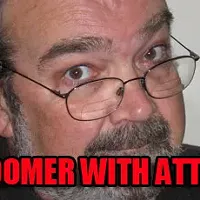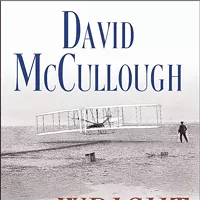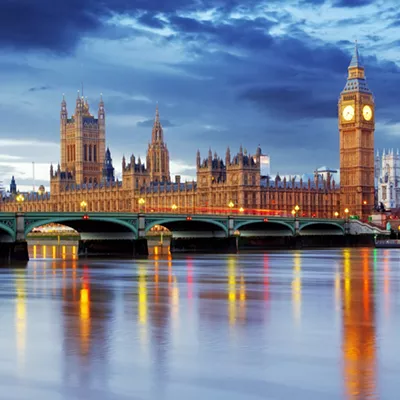Ever since City Manager Ron Carlee figured out how the city could pay for the streetcar extension without a property tax increase, we're all just hanging out, hoping to hear whether the federal government — specifically the Transportation Department, now being run by former Mayor Anthony Foxx — will pony up half of the project's construction costs. This lull in the action, so to speak, is a good time to clear up a couple of issues around the project.
Carlee was smart to find a new name for it. The word "streetcar" conjured up too many images of the lovable but slow-as-molasses trolley car that used to run daily between South End and uptown. The new name, apparently chosen by committee, is the CityLYNX Gold Line, and online images of the projected train are sleek and modern, unlike the ancient streetcars in old Rice-A-Roni ("the San Francisco treat") commercials. I'd have been happy just renaming it a "tram," but to each his/her own.
If and when the Gold Line project gets the go-ahead, it will take five years to complete the 4-mile line from Johnson C. Smith University, through uptown, to the edge of the Elizabeth neighborhood at Hawthorne Lane. The potential for an economic boost along the streetcar line is undeniable. The development in South End that followed installation of the Lynx light rail line speaks for itself, while two different studies (one by Bay Area Economics and a collaborative study by UNC-Charlotte, Duke, Johnson C. Smith, Davidson and CPCC) predict a long list of economic, social and environmental benefits from the new tram line. At this point, the development angle wouldn't even be up for discussion if not for the standard crowd of crabby, supposed conservatives that consistently object to the city doing anything new or different.
I bring up the conservative crabs because they've been laying out an argument against the Gold Line, over and over, that goes something like this: "Why would we want to go back to a mode of transportation we got rid of years ago?" or "There's a reason we gave up streetcars for automobiles." And in a way they're right — there is a reason most of the United States gave up streetcars a few decades ago, but it had nothing to do with what the public wanted. Instead, it had everything to do with automobile industry profits, specifically General Motors' profits.
As reported brilliantly in the 1996 PBS film Taken For A Ride by Jim Klein and Martha Olson, GM, in the 1920s, started a secretive campaign to undermine the popularity of rail-based public transportation in America. (The entire movie can be watched on YouTube). Within 30 years, GM, with help from oil companies and automobile tire-makers, had wrecked the country's trolley systems. GM funded a company called National City Lines, which by 1946 controlled trolley operations in 80 American cities. As author Jim Motavalli wrote in his 2001 book, Forward Drive, "Despite public opinion polls that showed 88 percent of the public favoring expansion of the rail lines after World War II, NCL systematically closed its streetcars down until, by 1955, only a few remained."
Alfred Sloan, GM's president at the time and the mastermind of GM's campaign, said, "We've got 90 percent of the market out there that we can ... turn into automobile users. If we can eliminate the rail alternatives, we will create a new market for our cars." And sure enough, it all worked.
GM also engaged in herculean efforts to create the most powerful lobby in D.C., the National Highway Users Conference, which pushed relentlessly for a federal interstate highway system. By the 1960s, the nation wound up with the car-centered transportation system many of us, including Charlotte's crabby conservatives, think of as a longtime American tradition, set in stone if not in the Constitution. GM advertising called it "the American dream of freedom on wheels."
So yes, there's a reason "we" got rid of streetcars — GM essentially did it, and strictly for its own profit margin. Conservatives are all about not fixing something if it's not broken. Logically then, they should support public transportation measures as a way to get back to their beloved "good old days." The current brand of skinflint, fearful conservatives, unfortunately, are unlikely to agree. Meanwhile, millions of Americans don't own cars and suffer for it by being denied access to decent public transportation, an area in which the U.S. is so far behind most other western nations, we'll never catch up. Any plan that will give more Charlotteans access to public transportation is a good step forward in returning some sanity to how we move people around the city. Like in the good old days.
Speaking of...
-

Uptown Activities this weekend
Nov 4, 2020 -

Interview with photographer, Jeff Colhoun
Nov 26, 2019 -

'High Energy' Asian Street Food Coming to South End in Early February
Jan 31, 2019 - More »




















